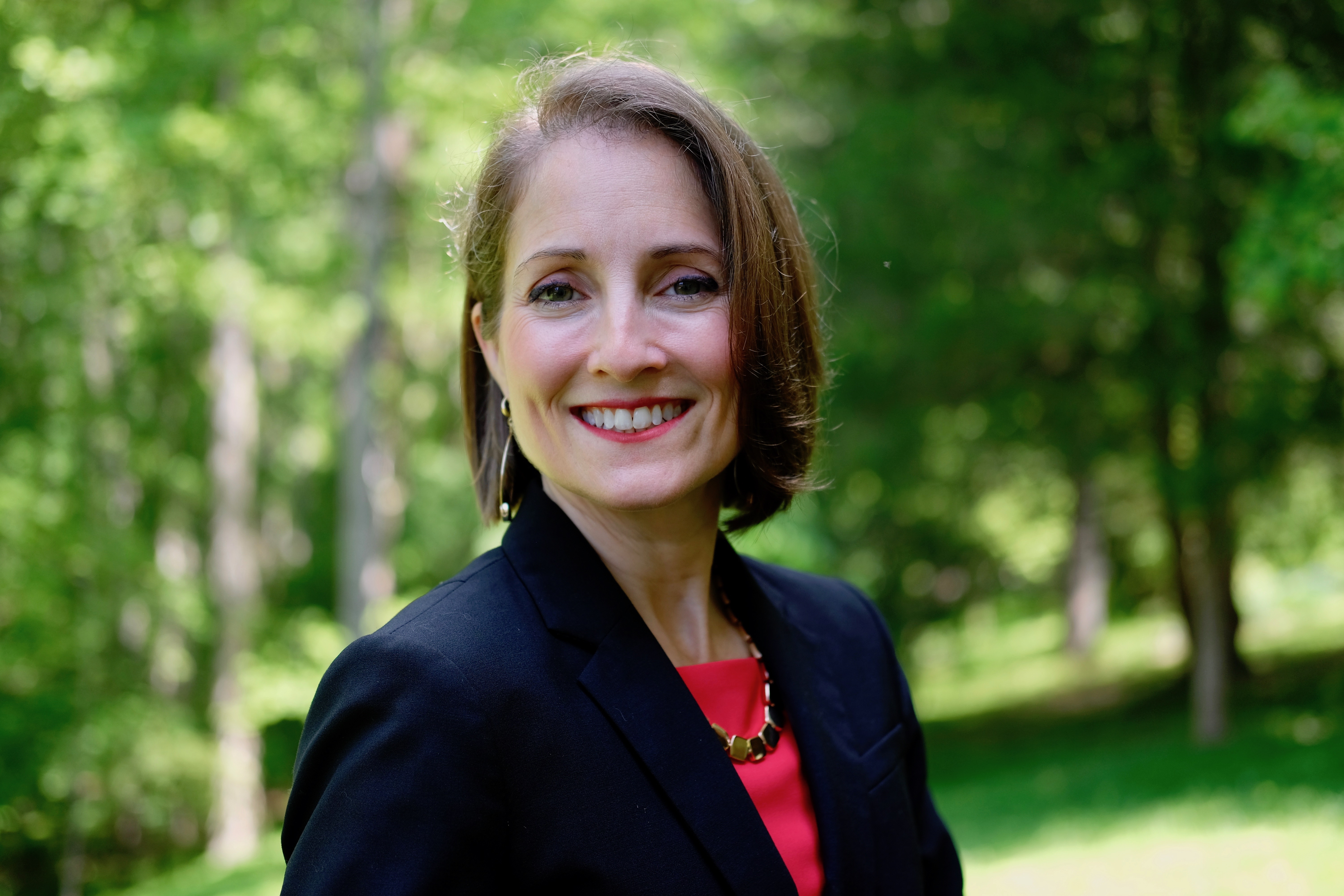Time to Thrive: Leadership, Resilience, and Opportunity for Positive Change
April 16, 2020

By Jennifer Wills
Work, as we know it, has changed dramatically in recent weeks. In some industries, all operations moved online and into people’s homes. In others, employees were furloughed or lost their jobs entirely. Unemployment statistics in the United States continue to soar, surpassing those of the Great Recession and trending toward the Great Depression, when a quarter of the labor force was out of work. With the stressors employees are feeling, leaders need to take action.
Business leaders emphasize an active, positive mindset during difficult times
Economic downturns can be devastating, to be sure, but they also can bring out untapped reserves of innovation, resilience, and leadership from every corner of our society. I found the following quote especially relevant: In difficult times, while “the natural tendency of many may be to 'just survive,' the innovators will 'thrive.'" These words come from Gary Burnison, the CEO of Korn Ferry, the global consultancy on human resources and talent development. In a recent article on the company website, Burnison underscores the role of organizational culture as a critical component of an organization’s resilience. Punit Renjen, the Global CEO of Deloitte, the professional services consulting giant, elaborates on the theme: “We believe that a typical crisis plays out over three time frames: respond, in which a company deals with the present situation and manages continuity; recover, during which a company learns and emerges stronger; and thrive, where the company prepares for and shapes the ‘next normal.’”
Sustainability professionals are poised to seize the opportunity to build a better future
Whether or not you have an official sustainability role in your organization, you can thrive in this time and help shape the “next normal.” Sustainability professionals seek to challenge the status quo of unsustainable consumerism, packaging, energy use, etc. Climate change professionals want to transform the established use of fossil fuels. To thrive in these professions, you must be able to perform in times of change and disruption. In a world where things change quickly, feeling comfortable in uncertain places and making decisions without sufficient information are skills that sustainability professionals use regularly. In addition to thriving in this time of uncertainty, you can help create a future normal that is more climate- and people-friendly, and more in line with the Sustainable Development Goals championed by the United Nations.
Now is the time to incorporate sustainability into new policies, as companies pivot and modify their supply chains and other processes to ensure resiliency tomorrow. We must consider what needs to be done about climate change as policies are written to reinvigorate the economy, to deal with COVID19, and to handle working from home. There are opportunities for a reset. Consider the policies that your company is undertaking right now. Even if you are not in a formal sustainability role, what can you do to influence these policies from your current role? Are there opportunities for you to be involved and to influence the outcomes to be more sustainable?
Leading from where you are
I have written about the importance of “soft” skills before, skills that are key for sustainability leaders: empathy, communication, flexibility, ability to learn, etc. These skills remain important at this time; arguably, they are even more important when working with teams remotely, and when dealing with the pressures and anxieties that this time is producing in many people. There can be leadership opportunities for you beyond incorporating sustainability concepts into policies. Consider ways to lead your colleagues, teams, and subordinates through this new time. Your ability to learn new online collaboration tools, develop best practices, and become the go-to person for working-from-home dilemmas can give you the opportunity to use your soft skills. For instance, when colleagues contact you about work-from-home issues, you can use emotional competence, teaching, and communication skills. In addition, your company leadership will appreciate your initiative and dedication.
Remaining competitive in a challenging job market
If you want to be competitive for a new career now or in the future, consider ways you can use your current role. Take advantage of upskilling or professional development programs your employer offers. As noted by Boston Consulting Group, “Individuals who want to remain in demand in a changing job market must take responsibility for keeping their skills up-to-date and accept that job-related training is a career-long commitment.” If your employer doesn’t have such programs, create your own development plan. Consider taking online courses through Coursera on sustainability, or learning new sustainability concepts through International Society of Sustainability Professionals (ISSP) webinars and self-paced courses.
And if you find that your next career step requires a degree, I highly recommend our Master of Natural Resources in Global Sustainability program. As both faculty and an alumna of the Executive Master of Natural Resources (XMNR), I know full well the value of this degree. The XMNR program is built around the needs of adult learners, and the professional network you will build during your studies will provide great support for the rest of your career.
Whatever direction you choose, make the most of your situation by leading from where you are, developing your leadership skills, influencing your company’s policies, and learning new skills. Consider what it means for you to thrive in this time.

For more than 15 years, Jennifer Wills has been advising and problem-solving with clients to reach their goals. She’s been an attorney with the U.S. Environmental Protection Agency (EPA) and a Brookings Fellow on Capitol Hill. She teaches International Environmental Law and Policy in the Online MNR program and is a 2017 graduate of the XMNR program. Wanting to have an even greater impact in the field of sustainability and helping others succeed, Jennifer started her coaching business for environmental and sustainability professionals in 2018.


